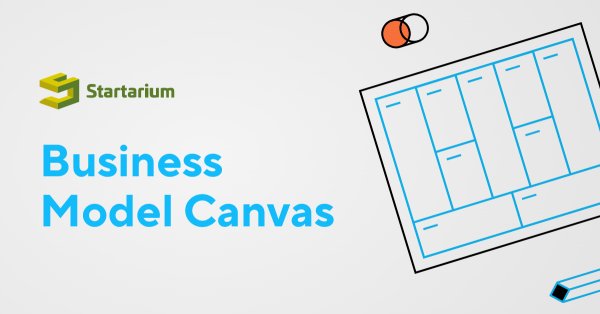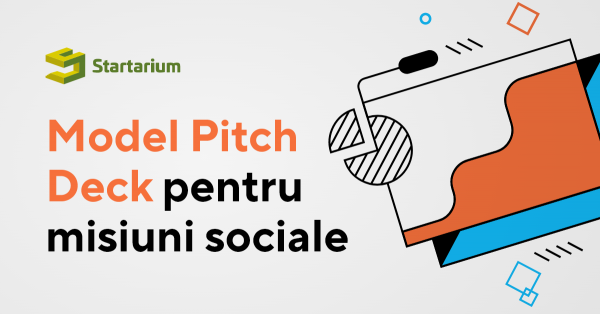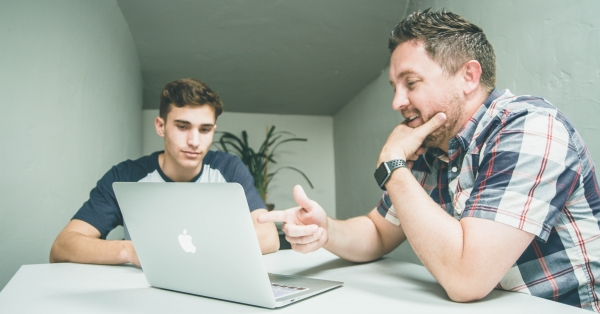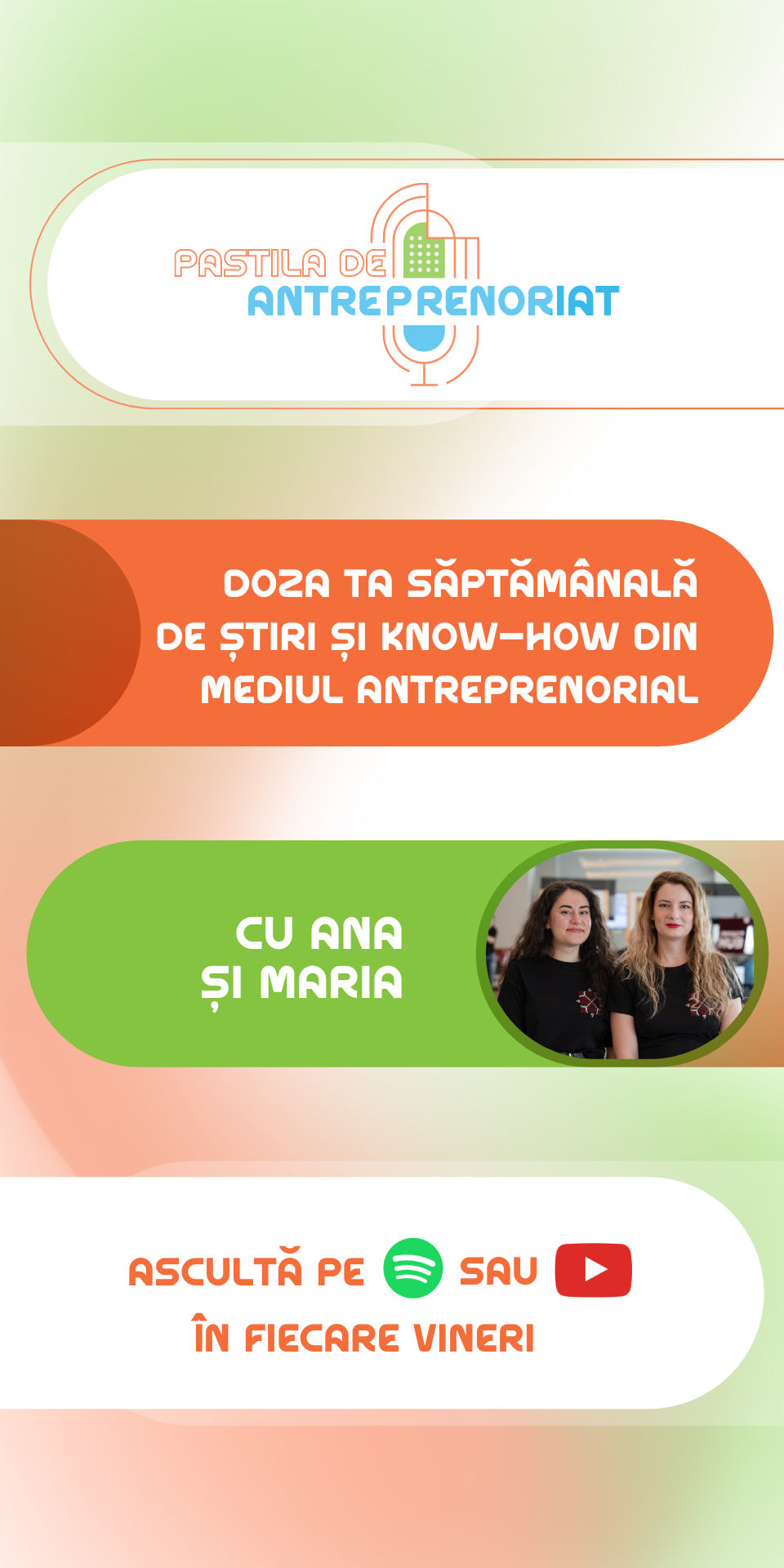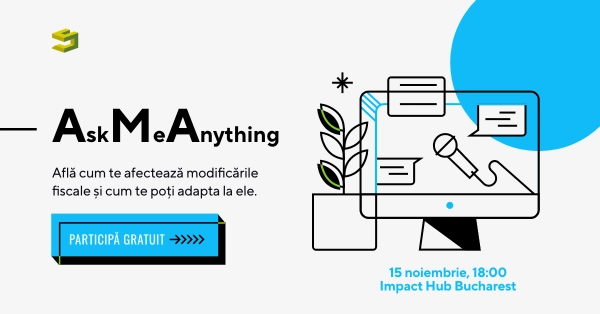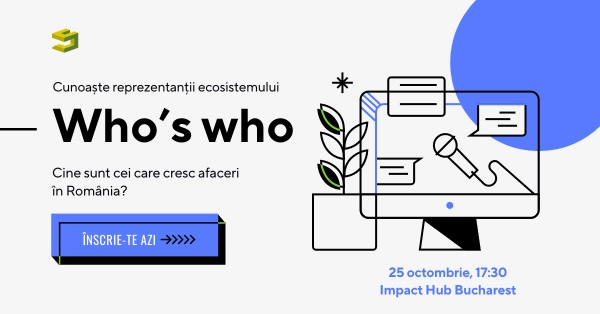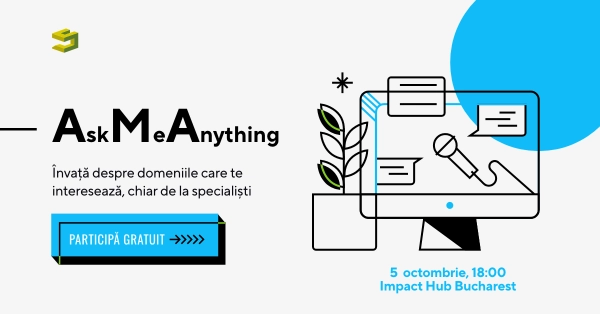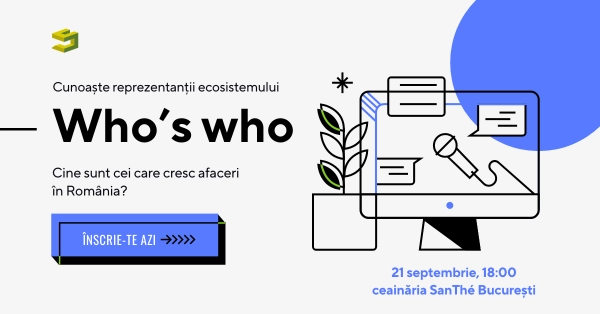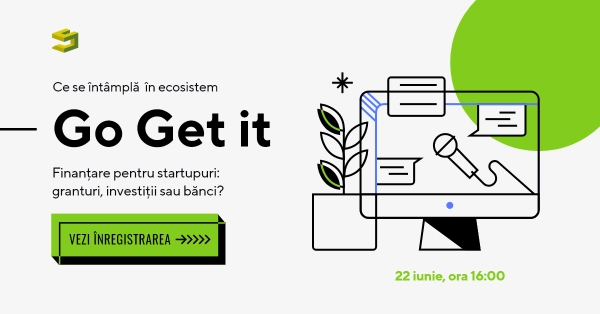In November 2021, the first Circle Webinar took place. On 3 separate dates, 110 participants joined us to learn together. These are the main conclusions. The European project Erasmus + The Circle seeks to support entrepreneurs in both creative and general fields in Romania, Italy and Spain, the 3 project partners. This is an international initiative enabling professionals to exchange experiences, learning and training on key issues, such as the project’s first virtual meeting on the entrepreneur’s wellbeing.
The Webinar Slides
Written by Impact Hub Madrid for The Circle
There is much talk about the stress that entrepreneurs endure, the pressure they are under and the problems of switching off from work when the business is yours. But what can be done to improve this situation?
Wellbeing has been talked about since the 90s when several American psychologists started a movement called Positive Psychology, and since then it has been linked to different ideas: happiness, a feeling of fullness, feeling good etc., but it’s much more than that. It’s connected to the idea of feeling good physically and can be measured by the quality of our physical health (sleep, nutrition, state, etc.).
Nowadays, wellbeing has become a key factor in society and is regularly measured to indicate a country’s socio-economic progress.
Wellbeing and entrepreneurs
If we combine the idea of wellbeing with the concept of entrepreneurship, then we are talking about being fulfilled by your business and having a healthy lifestyle both physically and mentally and emotionally. When we talk about entrepreneur wellbeing, we’re not talking about what kind of services entrepreneurs are creating, but about the entrepreneurs themselves, their feelings and their personal and mental state.
Since the beginning of 2020, due to the global pandemic, everyone has experienced increased feelings of stress, but entrepreneurs, with fewer resources than large companies, have also been put under a lot of economic, emotional, physical and mental pressure due to uncertainty.
The PERMA model
This model was created in 1998 by Dr. Martin Sellingman. It is a tool for examining positive psychology interventions that help make life worthwhile and for defining, quantifying and creating wellbeing.
The model represents five motivating elements that people pursue and which aid wellbeing, including eudaimonic and hedonic aspects:
- P - Positive Emotions: positive emotions are key to us functioning well.
- E - Engagement: we could describe this as an experience that absorbs you.
- R - Relationships: strong, healthy relationships will make you feel energised and enthusiastic.
- M - Meaning: when you find meaning in what you do.
- A - Accomplishment: when you have made a big effort to achieve something.
Using this model reduces psychological distress and benefits many areas of an entrepreneur’s life: vitality, job satisfaction, life satisfaction, commitment, mental health, and physical health.
Personal experience
Ricardo Vélez is a Colombian entrepreneur from the Impact Hub Madrid network whose project, Impact Quest, seeks to empower consumers when buying their regular food by obtaining real-time data on the nutritional value of products and the producer’s impact on the planet.
When Ricardo arrived in Madrid in September 2019, he had many plans, but the pandemic brought them to a sudden halt and he experienced what it was like to face complex situations and problems that undermine your wellbeing.
His mental health had never been affected before, but arriving in a new country as an immigrant, problems with work visas and difficulties entering the employment market, coupled with a relationship break-up during confinement that made living together impossible, began to take their toll on his mental and physical wellbeing.
What did he do to return to the best version of himself?
- Purpose: the most powerful thing you can have in your life. Believing in what you are doing and thinking that you’re going to solve a real problem.
- Understand the way you work, the timetables that best suit you, be flexible to find your most productive times of the day.
- Spend your time doing what interests you, what you care about. Free yourself from social pressures and make decisions as an individual based on your needs.
- Find what makes you happy and doesn’t cost the earth, hobbies or ways to entertain yourself that aren’t expensive: playing the guitar and trying to be a better person by helping others brought Ricardo a lot of stability.
- Decide where to invest your time. Committing 100% to his project and putting a stop to sending out job applications took a weight off Ricardo’s shoulders and gave him a sense of freedom.
Wellbeing: from I to we
When we extrapolate our wellbeing to society’s wellbeing, we speak of social wellbeing.
Social wellbeing implies that individuals feel like they are making valuable social contributions, that they view society as an important collective within which they experience a sense of belonging, they have positive attitudes towards others and they believe in society’s potential to evolve positively.
Through social wellbeing we will succeed in creating a framework within which we can encourage communication, engagement and conflict management.









